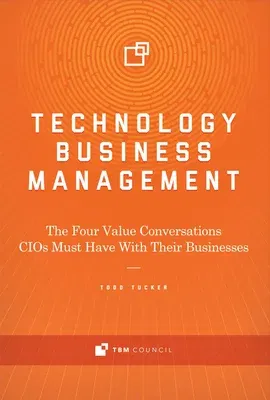For many CIOs, the value they deliver is elusive. It's not that they do
not create positive business outcomes, it's that they have a hard time
demonstrating value for the money spent. As a result, many IT leaders
find themselves trapped in a vicious cycle of defending their budgets,
cutting resources when times are tight, and struggling to keep pace with
an insatiable business appetite for innovation. Meanwhile, business
leaders increasingly rely on the cloud and other third parties for their
technology needs, finding clear tradeoffs between cost, features, risk,
and speed of delivery at their fingertips. CIOs must not only compete
with these alternatives, they must embrace the new reality of a
multi-sourced, service-oriented world. Many IT leaders are taking a more
proactive approach to optimizing value. By using shared facts about
cost, consumption, quality, risk and performance, hundreds of CIOs have
empowered value conversations centered on cost-for-performance,
business-aligned portfolios, investments in innovation and enterprise
agility. The tradeoffs they've illuminated changed the tone of their
meetings and instilled a business mindset in IT decisions. By reading
this book, you'll discover and learn the following: - A practical,
applied framework -- called Technology Business Management -- for
creating and using shared facts to make better decisions about people,
technologies, services and investments - A standard taxonomy of
resources, technologies and services for CIOs to translate between IT,
financial, and business perspectives - Creating transparency to empower
decision makers, demonstrate cost-efficiency, shape demand and plan in
step with the business - What your technology business model says about
the value you deliver and the disciplines you employ - How to shift from
project portfolio management to service portfolio management to both
improve alignment and adopt more agile approaches to innovation and
development - How to optimize run-the-business spending by optimizing
infrastructure, outsources, labor and services and rationalizing your
portfolios for better alignment - How to improve your ability to change
the business by better governing innovation investments and improving
enterprise agility - How to create and execute a roadmap for improving
data and decision making capabilities over time while reaping rewards at
every stage of maturity

